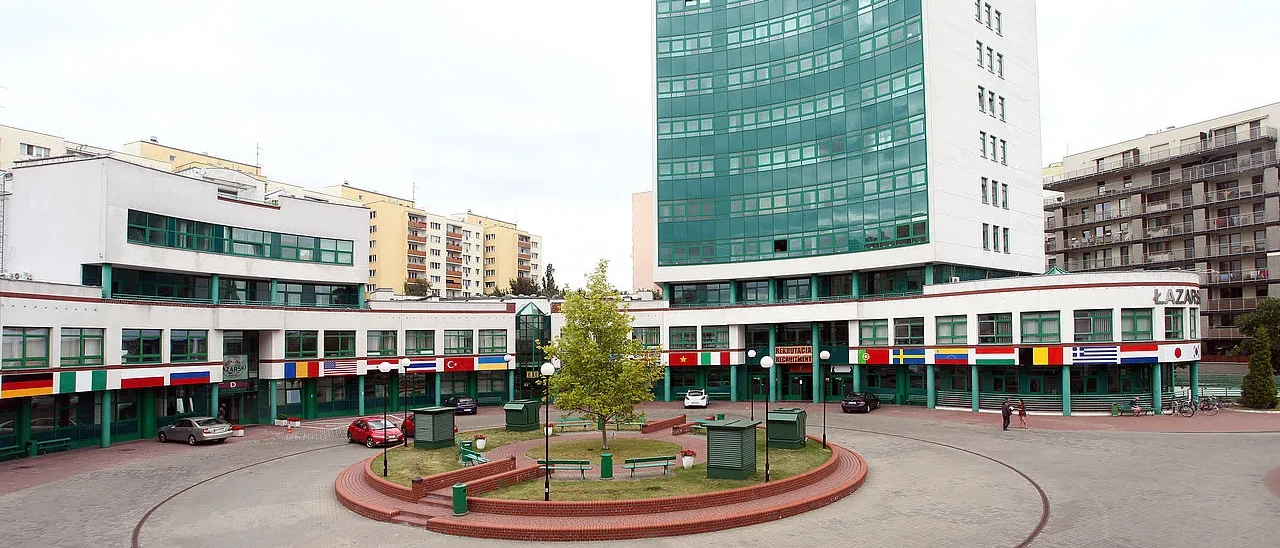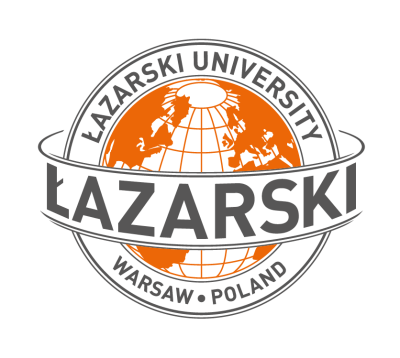Our programme:
- aims to train students who can become local leaders and agents of political and social changes
- helps graduates to become a member of the new competent local and international elite, especially in politics and diploma
- responds to the great opportunities of global politics, and the challenges and conflicts in Europe and in the world
Getting up-to-date knowledge and skills:
- our lecturers mix academic knowledge with concrete leadership skills
- the teaching staff specializes in international relations, geopolitical analyses, diplomatic studies, foreign policy, global governance, and international security, having significant expertise in the field
The programme offers a vibrant extracurricular landscape, showcasing clubs such as the Debate Club, Negotiation Club, and Student Foreign Affairs Club. Through active participation in these clubs, students develop crucial employability skills by organizing debates, negotiations, and meetings with diplomats, industry professionals, alumni, and experts in relevant fields. Furthermore, the program encourages students to collaborate with teachers in organizing conferences.
Moreover, the programme offers internship opportunities during studies, spanning a diverse range of entities such as government agencies, embassies, intergovernmental organizations, international NGOs, corporations, and media outlets. These internships provide invaluable professional exposure, allowing students to apply theoretical knowledge in real-world settings.
Notably, the teaching team has contributed to various academic publications, including the Journal of Contemporary China, International Journal of Social Research Methodology, Economics & Sociology, Contemporary European History, etc. Their research endeavors extend beyond publications, as they have actively participated in research programmes funded by the Polish Ministry of Foreign Affairs, the European Commission, UACES, and the Polish National Science Centre.
In addition to their academic pursuits, the team brings a wealth of teaching experience, having conducted courses at universities in Austria, the United Kingdom, and the United States. Some team members enrich their expertise with practical experience, having served as diplomats and advisors for the Polish Ministry of Foreign Affairs. Additionally, other course members have played advisory roles in both governmental and non-governmental research centers, contributing valuable insights to shape policy recommendations.

